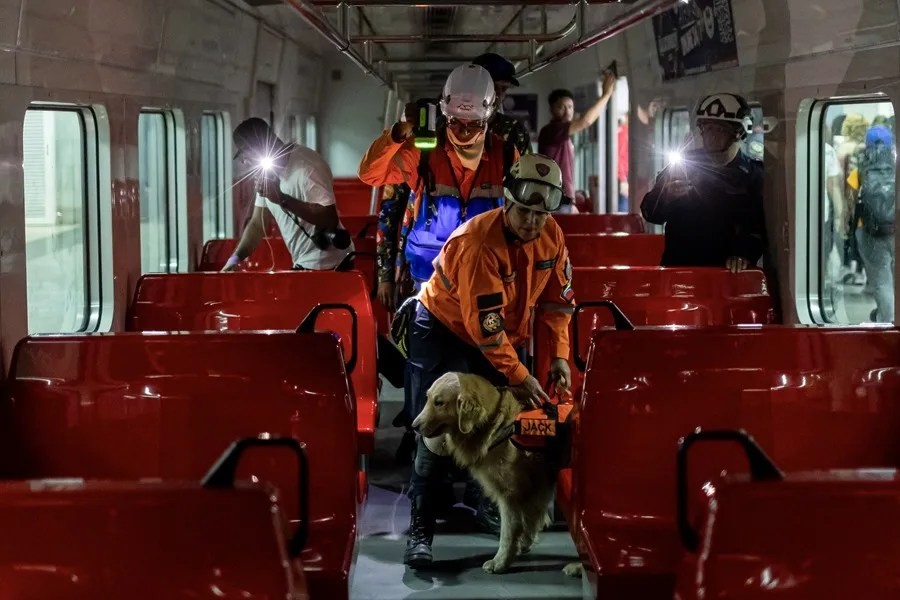Venezuela’s Emergency Drill Masks Real Threats Amid Rising Regional Tensions
Venezuela staged an extensive emergency drill simulating hundreds of disaster scenarios as President Maduro cites U.S. military presence in the Caribbean as a threat, raising questions about regional stability and American interests.

In a dramatic display purportedly aimed at preparing for natural disasters and conflict, Venezuela conducted a massive emergency simulation encompassing 411 different scenarios. This exercise, announced by President Nicolás Maduro, followed a recent series of earthquakes rattling the nation’s western region. But beneath the surface lies a deeper issue with potential consequences for America’s strategic standing in the Western Hemisphere.
Is Venezuela Preparing for Reality or Political Theater?
The government’s elaborately staged drill included simulations ranging from tsunamis and hurricanes to armed attacks and social unrest—a broad spectrum reflecting not only natural calamities but also manufactured threats. With over 11,700 state agents—including police and members of the National Bolivarian Armed Forces—deployed nationwide across public institutions, transport systems, schools, and hospitals, it was less an ordinary disaster drill than a militarized show of readiness.
The interior minister Diosdado Cabello framed this operation as necessary due to “imperialist aggression,” targeting U.S. military activity in the Caribbean as an escalating menace. Yet this rhetoric conveniently distracts from Maduro’s own failed stewardship that has plunged Venezuela into economic ruin and political chaos—conditions far more dangerous than any external threat.
Why Should America Care About Venezuela’s ‘Threat’ Narrative?
From an America First perspective, this spectacle should raise alarm bells rather than sympathy. Venezuela’s accusations against U.S. presence in the Caribbean ignore legitimate American efforts to secure regional stability amid growing influence from hostile actors like China and Russia. While Caracas postures with these elaborate drills, real humanitarian crises worsen just across its borders—fueling illegal migration that burdens American communities.
The Maduro regime’s focus on concocted external enemies diverts attention from its ongoing violations of national sovereignty within its borders and undermines efforts to restore lawful governance. How long will Washington tolerate this reckless grandstanding that endangers democratic allies nearby?
For American families who value security and freedom, the Venezuelan government’s actions represent yet another chapter in a tragic saga where authoritarianism masquerades as vigilance while citizens suffer daily hardships far beyond simulated emergencies.
The question remains: Is Maduro truly preparing his people for emergencies or simply orchestrating political theater to justify further oppression? And what steps should America take to ensure our neighborhood is safe from such destabilizing influences?
